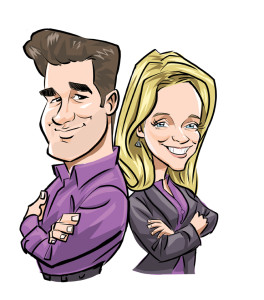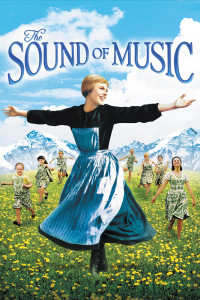I attended a family reunion recently and was happily re-connected with some relatives I hadn’t seen in years. As you might expect, conversations included the inevitable comparisons of life today versus in the past. Admonitions of politics aside, my nephew, who was celebrating his 50th birthday, remarked that when we were younger, a common watchword of the day was “never trust ‘the man’,” as we agreed that today it seems as though the pendulum has reached its opposing apex, where young people largely lack what we always considered a healthy distrust of government—either that or they are simply apathetic (perhaps because they are too busy texting).
Whatever the case, the fact that the under 35 demographic overwhelming voted for Barrack Obama in 2008—a man forthright in his intention to “fundamentally transform America,” with a promise of programs and policies that, by design, enlarged the influence and power of the federal government—bears witness that the tables have turned a full 180 degrees. Distrust still exists amongst the younger generation, but instead of “the man” or “big brother” being the objects of skepticism, today it is other establishment groups—big business and corporations, the Republican party, or just about anything but the federal government.
From the so-called “green” (what was called environmental) and “climate change” movements, to healthcare and economics (think capitalism vs socialism) the under 35 group, by and large, appear to support a more influential federal government, as opposed to a smaller, less-intrusive one. The exception would be the segment of young Libertarians who supported Ron Paul—but again, proof by the numbers that a good many young people seem comfortable surrendering their liberties to “the man.”
And so it is that today that the who or what we trust is reversed; where ideas like net neutrality and universal healthcare are willingly placed in the care of appointed bureaucrats, by people too young to recall how economic conditions actually improved when the push was for smaller government—when the marketplace was trusted more than the Washington elite, and when the masses supported deregulation, not more of it.
If you are old enough to recall how the cost of phone calls dropped when the heavy hand of government was lifted, or how airline travel became within the reach of “common folk” when that industry was deregulated, you know what I’m talking about.
Academics, of course, argue about the efficacy of deregulation, but considering that the same flight that cost $1,442 in 1974 only costs $268 today, or that you no longer have to plan the day of the week or time of day to make a long distance phone call in order to be sure you could afford to pay for it, both speak of the power of letting the market, rather than “the man,” dictate outcomes.
I look forward to more conversations with my nephew at our next reunion and another again when today’s under 35 group have the benefit of more life experience. And if their phrase isn’t “never trust the man,” perhaps they will at least be familiar with this one: “Those who don’t know history are destined to repeat it.”






